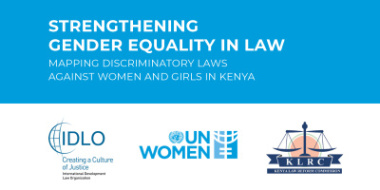Mali's 'Justice FM'
Mali’s crisis of 2012-2013, in which two-thirds of the country was occupied by Tuareg rebels and Islamic extremists, was accompanied by brutal rule in the North and a near-collapse of the state. Many victims have yet to see redress for the abuses they suffered; justice remains elusive.

















